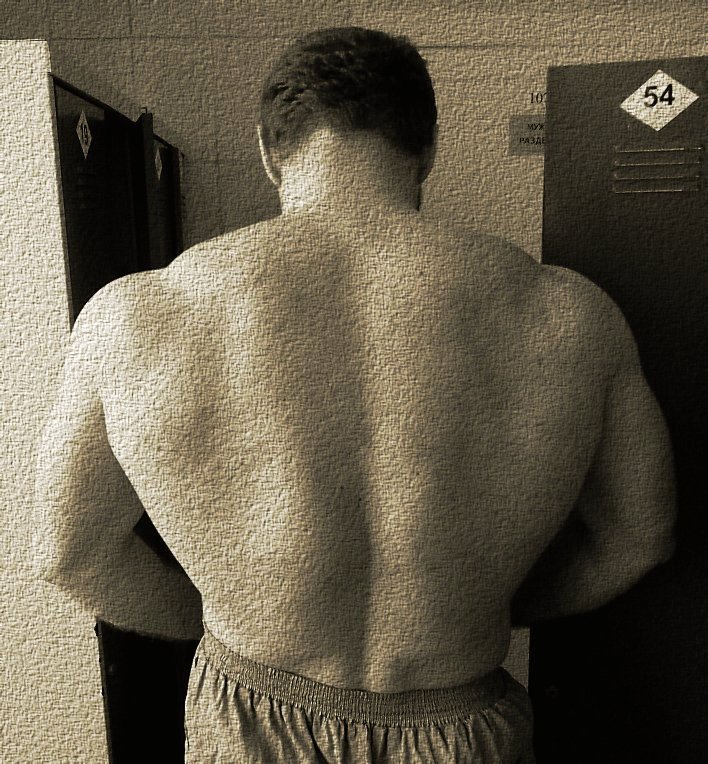GAINING MUSCLE WITH RESISTANCE TRAINING (RT): IS PROTEIN A BIG DEAL OR A MINOR PLAYER?
After 30 years of researching protein and muscle, here’s the honest truth: protein plays a relatively small role in lean‐mass gains when you’re lifting. In fact, at least 90% of muscle growth is attributed to consistent RT, not from consuming extra protein. This effect is unchanged if you look at men, women, older or younger.
A meta-analysis of 49 controlled trials (n ≈ 1,800) showed that protein supplements added only 0.3 kg of fat‐free mass (about half a pound and half of that is likely muscle), compared to the ~1.1 kg of FFM gained purely from training—meaning training practice drives roughly 90 % of hypertrophy (PMID: 28698222). We found similar results more recently – dose-response but tops out at 1.6 g/kg/d (PMID: 35187864)
Beyond an intake of ~1.6 g/kg body weight per day, additional protein does not produce further FFM gains. In 42 study arms (n = 723), the RT‐induced increase in FFM plateaued at ~1.62 g/kg/d, with no extra benefit above that level (95 % CI: 1.03–2.20 g/kg/d) (PMID: 28698222). It’s simply implausible to continue gaining true muscle mass beyond ~1.6 g/kg/d.
Another major caveat: we measure “lean mass” (fat‐ and bone‐free mass), not pure muscle tissue. Two of the highest‐protein diets ever tested—3.2 vs. 1.6 g/kg/d over 16 weeks in trained men—showed no change in lean mass, despite robust training and strength/power gains; doubling protein beyond ~1.6 g/kg/d didn’t move the needle on lean mass (PMID: 39206316). I know folks have added data and manipulated the numbers, but any relationship based on group means and lean mass changes will always be flawed. Back-of-the-envelope math suggests the implausibility of gaining more actual muscle at higher protein intakes, and data from our lab spanning over 28 years show a flat line between protein intake and individual protein intakes (for men, women, older and younger adults).
An overfeeding protocol in resistance-trained subjects—~4.4 g/kg/d of protein for 4 months without altering workouts—resulted in no change in body composition (i.e., no additional lean mass or fat mass; PMID: 24834017).
I get it: protein helps, but it’s not a miracle, it’s not a key to gains, and it’s not a magic anti-aging nutrient. It’s important, but there’s a limit!
Key Takeaways:
• Consistent RT drives ≈ 90 % of muscle gains.
• Protein beyond ~1.6 g/kg/d adds minimal (if any) extra FFM.
• Most RCTs show negligible lean‐mass increases from very high‐protein diets.
Stuart Phillips
 Вход
Вход Регистрация
Регистрация













 Наверх
Наверх
















